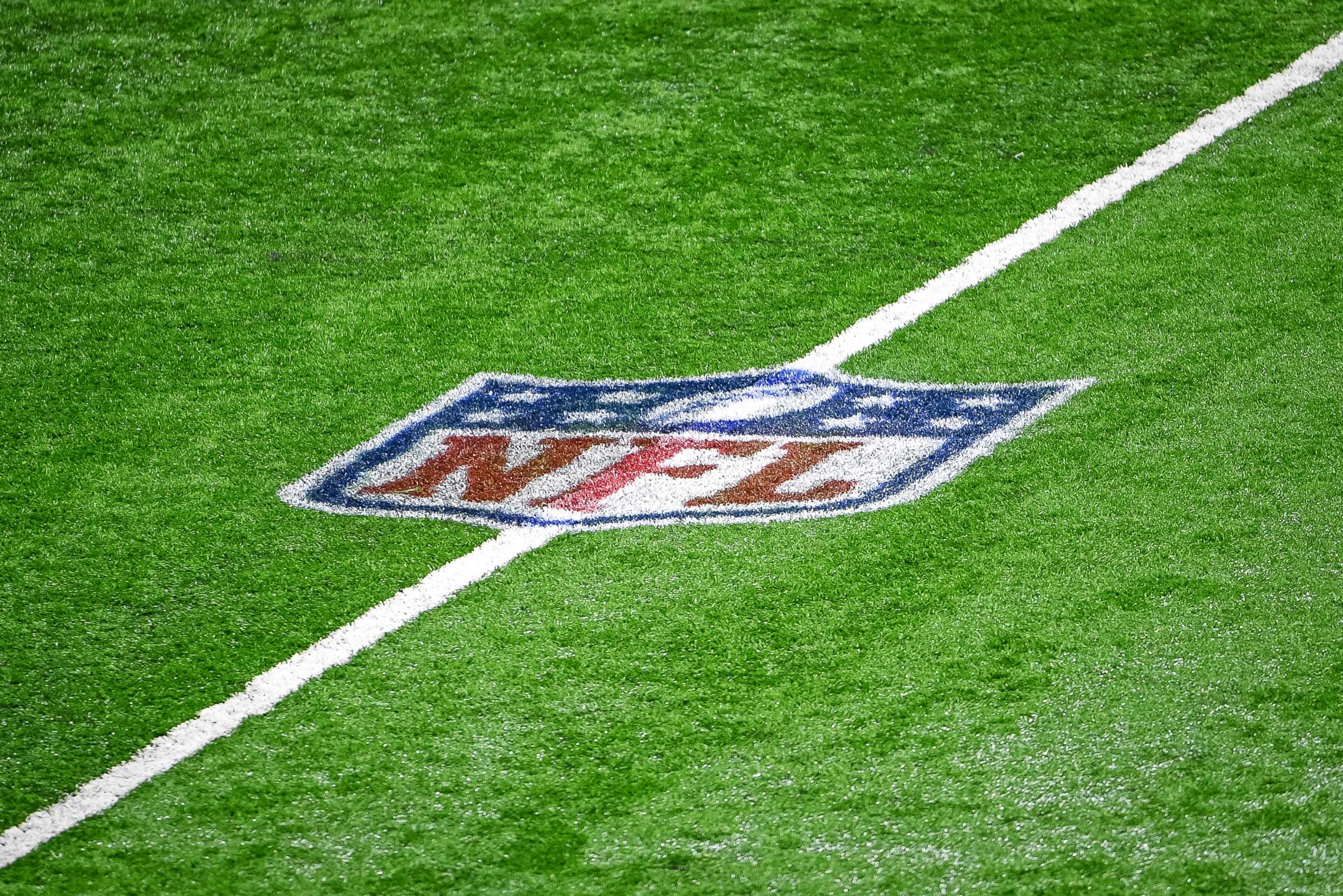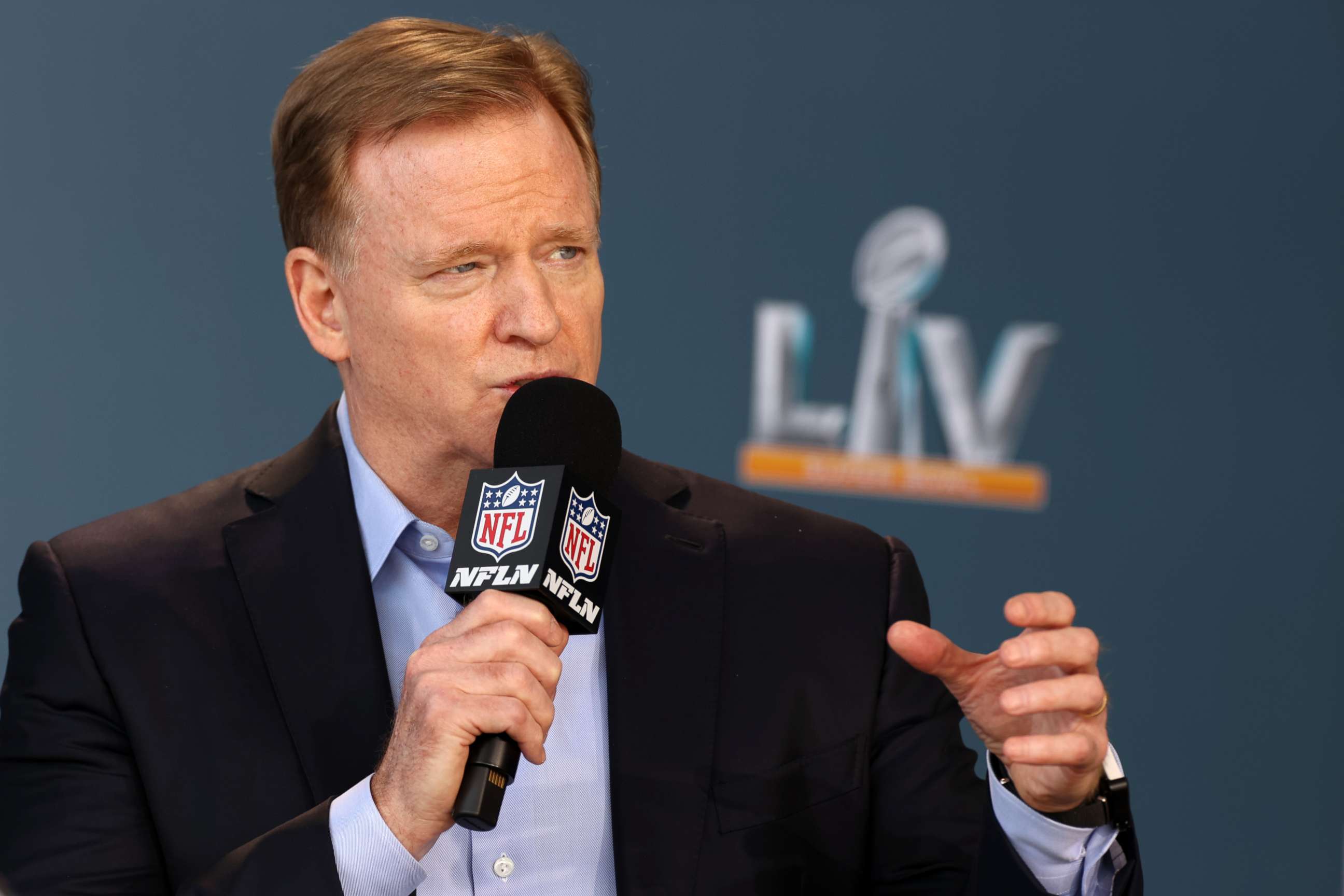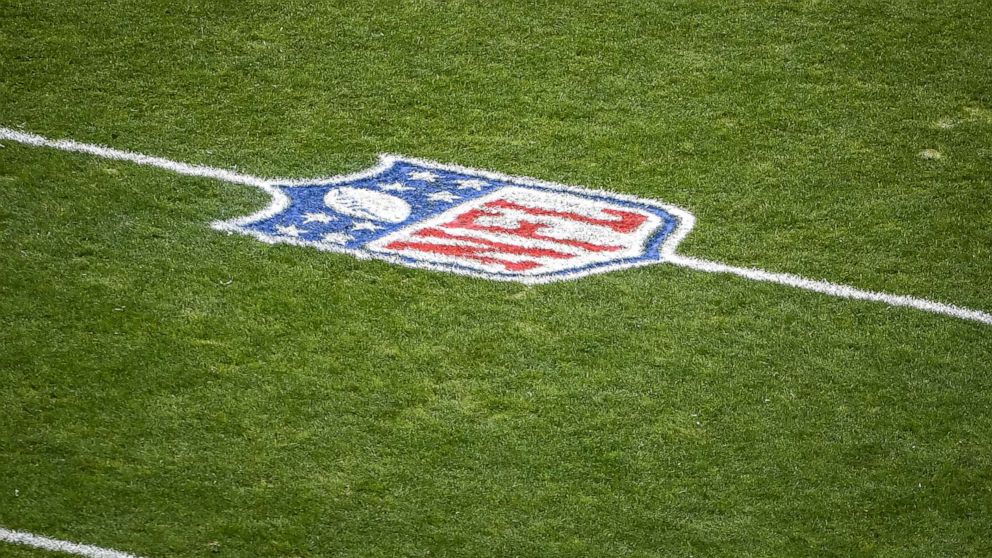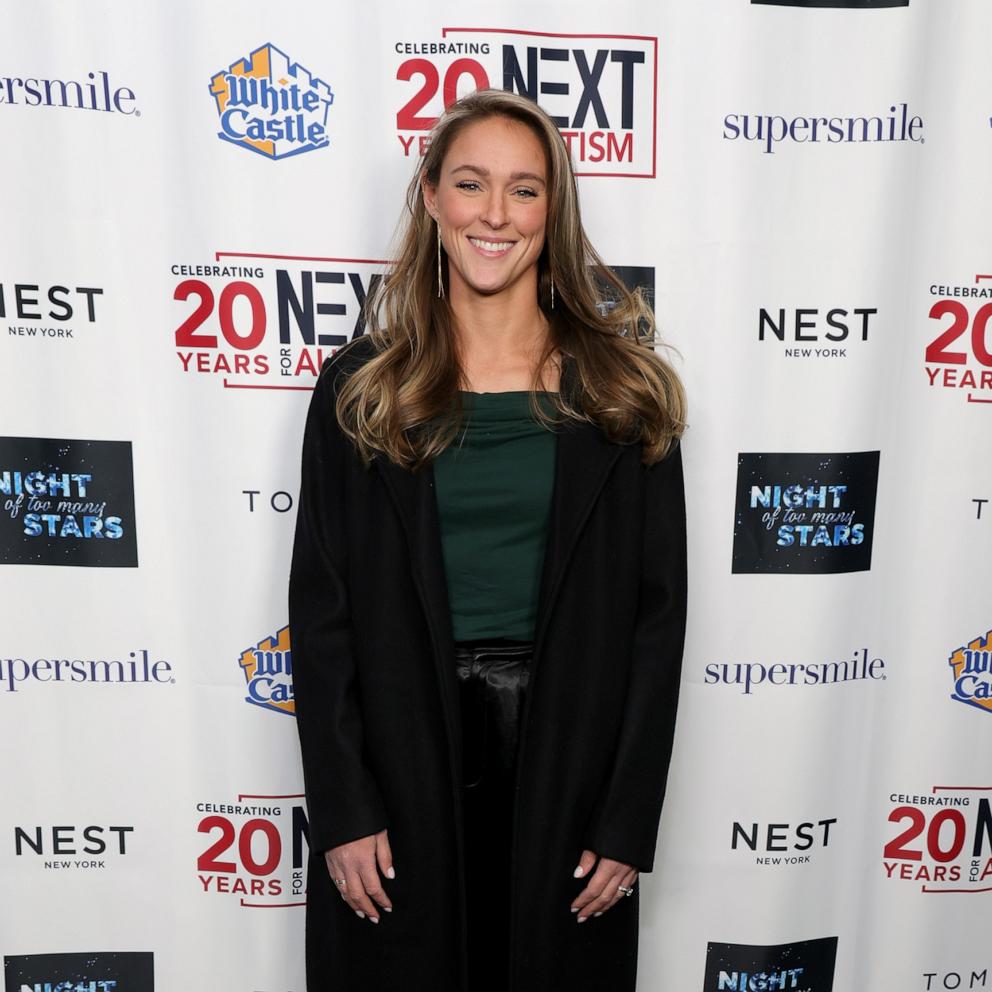Judge orders NFL, class counsel to ‘address the concerns’ about race-norming in concussion settlement
The federal judge overseeing the NFL’s concussion settlement program is sending the league and the class counsel representing former players back to the negotiating table “to seek to address the concerns relating to the race-norming issue” that critics say has skewed compensation for some football-related head injuries along racial lines.
In a pair of orders issued Monday, Judge Anita Brody of the U.S. District Court for the Eastern District of Pennsylvania, dismissed a lawsuit against the NFL filed by former players Kevin Henry and Najeh Davenport as “an improper attack on the Settlement Agreement” but wrote that “the Court, however, remains concerned” about the race-based formula used to measure cognitive impairment and determine eligibility for compensation.
Brody referred the NFL and class counsel Seeger Weiss – the original parties that drafted the agreement – to appear before Magistrate Judge David Strawbridge to reach a new agreement on the issue.
The decision follows an ABC News investigation, featured on "Nightline" in February, into allegations of racial bias in the concussion settlement program.
ABC News uncovered emails between clinicians who evaluated former NFL players for compensation through the program in which they contend they were all but required to apply race-based adjustments to players' cognitive test scores and express concerns that the league's protocols discriminate against Black players. ABC News was also able to obtain a data analysis that suggests that the impact of the practice on payouts could be significant, making it much more difficult for Black players to qualify.
Following the ruling, Cy Smith, an attorney at Zuckerman Spaeder who represents Henry and Davenport, filed a notice of appeal and told ABC News that he is worried that the judge has seemingly excluded them from future negotiations.
“We are glad that the Court has expressed concern about the NFL Concussion Settlement program’s ‘race-norming,’ since for the last four years it has been used to discriminate against Black former players and must be changed immediately,” Smith said in a statement. “However, we are deeply concerned that the Court’s proposed solution is to order the very parties who created this discriminatory system to negotiate a fix. The class of Black former players whom we represent must have a seat at the table and a transparent process, so that we are not back in the same place four years from now dealing with another fatally flawed settlement.”
Sen. Ron Wyden, a Democrat from Oregon who is part of a group of lawmakers who sent a letter to NFL Commissioner Roger Goodell in September seeking more information on the league’s plans to “address alleged racial bias” in the system, called on the league to abandon the practice.
“The NFL is out of excuses,” Wyden told ABC News. “It needs to drop this racist formula immediately.”

A spokesperson for the NFL issued a brief statement.
“We are pleased with the Court’s decision,” the spokesperson said, “and look forward to working with Class Counsel and Magistrate Judge Strawbridge to address the Court’s concerns.”
Attorney Christopher Seeger, who served as class counsel for the former NFL players and negotiated the landmark settlement with the league, issued a statement through a spokesperson defending the settlement and its protocols, insisting that “the use of these norms has always been left to the clinical judgment of the neuropsychologist and was never mandated by the settlement.”
“As we have investigated this issue, we have not seen any evidence of racial bias in the settlement program,” Seeger said. “That being said, we are continuing to investigate and review claims to determine if any claim was inappropriately denied as a result of application of these adjustments. We take the concerns raised about this issue very seriously, and have been formulating proposals that we hope will resolve this issue and give all former players confidence that they will be treated fairly and equally.”
At the crux of the controversy: The NFL's concussion settlement program manual recommends the use of a "full demographic correction," in which a player's cognitive test scores are compared to average scores, or "norms," for similar demographic groups, and then adjusted to account for expected differences in age, gender, education -- and race.
The practice of adjusting test scores for race, widely known as "race-norming," is in use across several different medical fields as a supposed safeguard against misdiagnosis. But because these "norms," as used in a neuropsychology context, assume that the average Black player starts at a lower level of cognitive functioning than the average white player at the outset of their careers, Black players need to show larger cognitive declines than white players to qualify for compensation.
"What the NFL is doing to us right now ... when they use a different scale for African-Americans versus any other race?" former NFL running back Davenport told ABC News. "That's literally the definition of systematic racism."
In response to questions from ABC News, an NFL spokesperson issued a statement in February saying that the concussion settlement, which has paid out more than $800 million to retirees and their families to date, was "agreed to by all parties, with the assistance of expert neuropsychological clinicians and approved by the courts more than five years ago" and "relied on widely accepted and long-established cognitive tests and scoring methodologies."
"The settlement seeks to provide accurate examinations to retired players," the spokesperson continued, "and thus permits, but does not require, independent clinicians to consider race in adjusting retired players' test scores as they would in their typical practice."

But in email correspondence obtained by ABC News, those same clinicians appear to disagree.
One bemoaned their possible complicity in a system that perpetuated "racial inequity" in payouts.
"Especially in the correct [sic] of our current state of affairs, I'm realizing and feeling regretful for my culpability in this inadvertent systemic racism issue," the clinician wrote. "As a group we could have been better advocates."
Another suggested clinicians faced consequences for anything less than strict adherence to the program's guidelines.
"My experience," the clinician wrote, "is that when clinicians deviate from the algorithm, there are multiple inquiries levied at them."
And another argued contended that while their "required reliance on these norms is spelled out in the manual," it was still up to them to consider the consequences of their compliance.
"Bottom line is that the norms do discriminate against Black players," the clinician wrote. "So now what? In this time of reckoning, like many professions, I think we need to look closely at the expected and unexpected ramifications of our practices."
And a dataset shared exclusively with ABC News suggests that race-based adjustments could have a significant impact on payouts.
At the request of an attorney who represents several former NFL players, a neuropsychologist who has evaluated former NFL players under the concussion settlement program recently re-scored the results of cognitive tests from a group of 94 Black former players.
Nine tests were deemed "incomplete" because of "missing raw scores," leaving a sample of 85 scores recorded by approximately 40 different clinicians between 2016 and 2020.
When the clinician interpreted the test scores as if those former players had been white, 34 of them met the criteria to receive payouts through the program. When the clinician applied the recommended demographic correction to those same scores, however, only 10 of those same players qualified.




